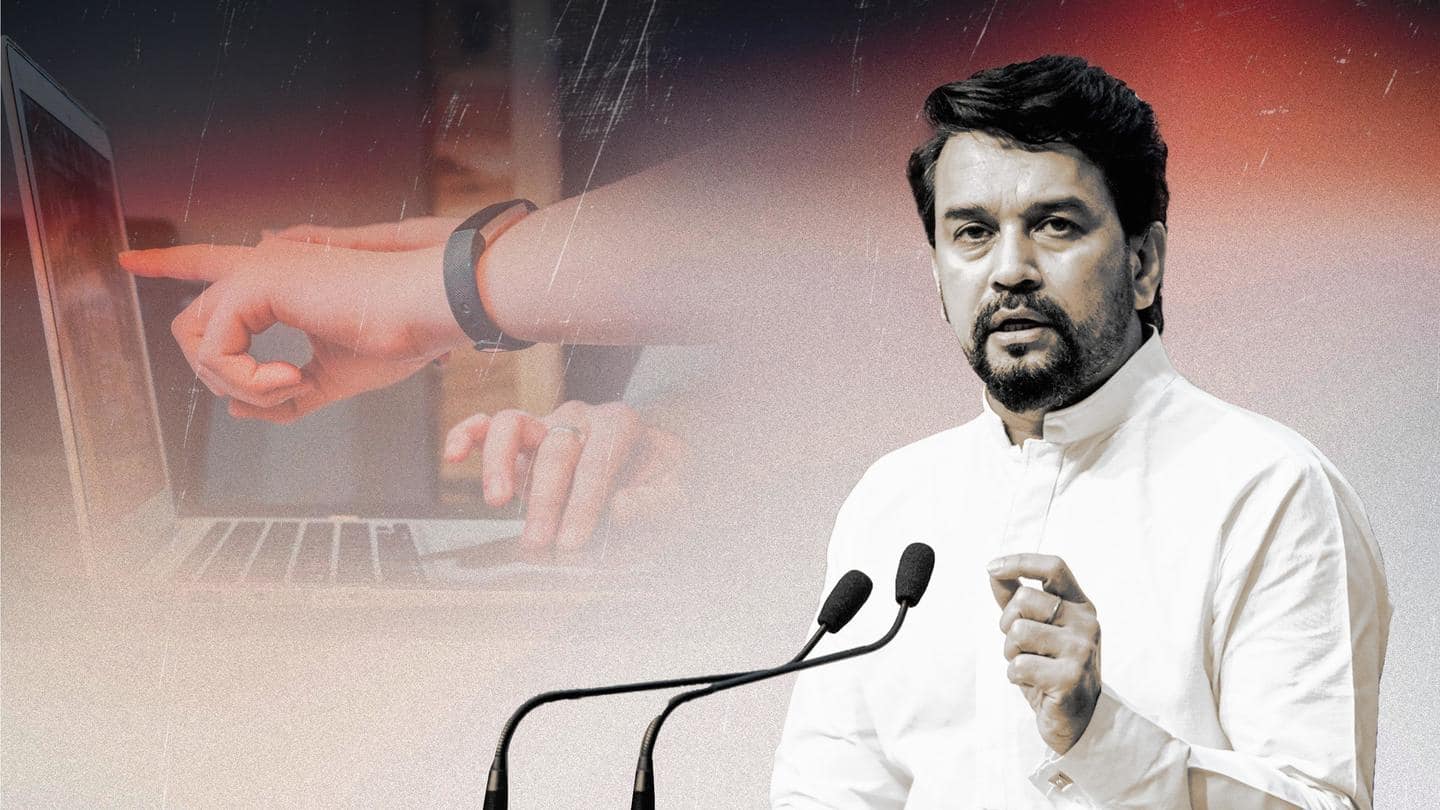
Centre amending law to regulate digital media in India
What's the story
India is planning to bring special amendments to the already existing law for regulating digital media in the country.
Under the modified law, which the administration intends to introduce in the parliament session beginning next week, digital media may face legal action for "violations."
The media registration law would embrace digital media, which has never been designated by law or government control until now.
Context
Why does this story matter?
It would be the first time that digital media would be regulated in India.
If the law is passed, the Ministry of Information and Broadcasting will be in charge of digital media in the country.
And the British-era Press and Registration of Books Act, 1867, which governs Indian newspapers and printing presses, will be replaced by the Registration of Press and Periodicals Bill.
Process
I&B Ministry already started amendment process
The amendment process of the Registration of Press and Periodicals Bill has already been started by the Information and Broadcasting Ministry, which will be the "administrative ministry," to include "news on digital media through any electronic device."
As per the proposed amendments, Digital news publishers must apply for registration and must do so within 90 days of the statute going into effect.
Appellate authority
Appellate board would be formed headed by PCI Chairperson
According to NDTV, the modified law would require digital publications to register.
They must register with the Press Registrar General, who will have the authority to take action against various publications for infractions and can suspend or cancel registrations as well as impose penalties.
Officials said an appellate board would be formed, led by the Chairperson of the Press Council of India (PCI).
Approval
New bill awaiting approval from PMO
The Bill has yet to be approved by the Prime Minister's Office (PMO) and other stakeholders, the NDTV reported quoting sources.
It said the amendments would bring digital news media under the control of the Information and Broadcasting Ministry.
Notably, a previous attempt to regulate digital media under new Information Technology rules sparked a huge controversy in 2019.